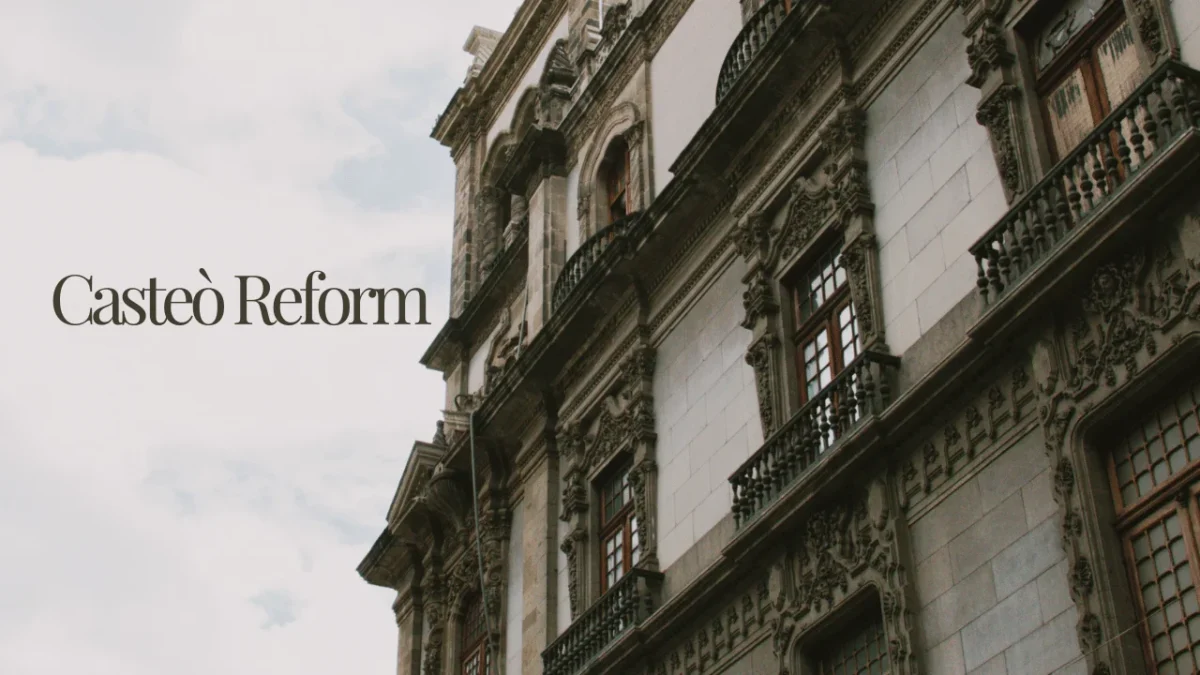Introduction
Casteò is a socio-cultural concept that deeply influences societies, primarily reflecting hierarchical distinctions among people. Historically rooted and culturally ingrained, it dictates one’s place in society, including occupation, social status, and marital options. Despite the evolution of societies, its relevance persists today, influencing inequalities and maintaining social divisions. Critics argue that casteò perpetuates discrimination and limits social mobility, while proponents may view it as a legacy. Efforts for casteò reform have been extensive, ranging from policy changes to grassroots activism, yet societal transformation remains an ongoing journey.
Understanding Casteò
To understand casteò, it’s crucial to explore its origins, impact, and how it shapes modern societies. The concept has deep historical roots, and its influence permeates societal structures today.
Origins
Casteò’s origins can be traced back to ancient societies that used this system to organize social hierarchies based on occupation, birth, and social status. This stratification system, historically rigid, established a division of labor and societal functions.
Hierarchy
The casteò hierarchy is structured in a way that assigns individuals to specific social positions. These positions, often unchangeable and inherited, have influenced people’s access to resources, opportunities, and privileges. This hierarchy’s rigidity often reinforces discrimination and inequality.
Casteò and Social Inequality
Casteò plays a significant role in perpetuating social inequality. Access to education, employment, and social mobility is often determined by one’s caste, creating barriers for those from lower strata to progress.
Impact on Social Mobility
The casteò system’s rigid structure has historically restricted social mobility. Those born into lower castes have struggled to overcome societal barriers that limit access to education and employment, leading to persistent poverty and limited opportunities.
Casteò Discrimination
Discrimination based on casteò manifests in various forms, from social ostracism to economic exclusion. Despite laws and social reforms, many individuals still face prejudice and discrimination due to their caste status.
Casteò Reform

Efforts to reform the casteò system have been ongoing, yet societal transformation remains a challenging endeavor. These reforms seek to promote equality and dismantle the rigid social barriers imposed by casteò.
Policy Changes
Governments have implemented policies to address casteò-based discrimination, including affirmative action programs to ensure marginalized communities have access to education and employment. These policies aim to level the playing field and promote inclusivity.
Grassroots Activism
Activism has been instrumental in challenging casteò discrimination. Organizations and activists work tirelessly to promote social change, raising awareness about the casteò system’s injustices and advocating for equal rights and opportunities.
Educational Initiatives
Education is a powerful tool for breaking down casteò barriers. Various initiatives aim to improve access to education for marginalized communities, empowering individuals to transcend their caste and achieve social mobility.
Legal Frameworks
Legal frameworks have been established to protect individuals from casteò-based discrimination. These laws aim to provide recourse for those who face casteò-related prejudices and ensure justice is served.
Changing Mindsets
Reforming the casteò system requires more than just policy changes; it necessitates a shift in societal attitudes. Efforts are underway to challenge stereotypes and promote a more inclusive mindset that values individuals based on merit rather than caste.
The Legacy of Casteò
Despite efforts for reform, the legacy of casteò continues to influence societies. Understanding this legacy helps to appreciate the challenges that remain in achieving true equality.
Cultural Heritage
For many, casteò is seen as a cultural legacy, deeply embedded in traditions and societal norms. While this perspective helps explain its persistence, it also highlights the complexities of dismantling such a deeply ingrained system.
Modern Challenges
Modern societies face challenges in addressing casteò-based issues due to the system’s deep-rooted nature. Despite progressive policies and changing attitudes, systemic discrimination persists, hindering true equality.
Ongoing Inequality
Casteò continues to create inequalities in access to resources, education, and employment. These disparities have significant social and economic implications, contributing to persistent poverty and limiting opportunities.
Global Perspective
While casteò is primarily associated with certain regions, its influence extends globally through diaspora communities. This global presence highlights the need for a broader understanding of the system’s impact and the importance of inclusive reform efforts.
A Path Forward
The path forward requires collective efforts from policymakers, activists, and society at large. By promoting education, challenging stereotypes, and implementing inclusive policies, it’s possible to address the systemic barriers imposed by casteò and work toward a more equitable future.
Casteò in Contemporary Societies
Urbanization and Casteò
Urbanization has significantly impacted the casteò system, especially in cities where anonymity can blur traditional caste boundaries. People from various caste backgrounds often work together, leading to a subtle dilution of casteò-based distinctions. However, underlying prejudices still persist, even in urban settings, where casteò may manifest in more covert forms, such as in housing discrimination or social exclusion.
Casteò and Technology
The digital era has introduced new dynamics to the casteò system. Social media platforms and online forums provide spaces for casteò-based communities to connect, both reinforcing and challenging traditional norms. Technology also offers opportunities for marginalized groups to amplify their voices, raise awareness, and advocate for change. However, these digital spaces can also perpetuate casteò-based prejudices and misinformation, indicating a need for vigilant moderation and education.
Inter-Casteò Relationships
Inter-casteò relationships remain a sensitive issue in many societies influenced by casteò. While legal frameworks protect the right to marry across casteò lines, societal attitudes often lag behind. This disparity can lead to social ostracism or even violence, demonstrating the challenges in dismantling deeply ingrained casteò prejudices.
Global Recognition
The casteò system has gained global recognition due to advocacy efforts and its presence in diaspora communities. Governments and organizations outside the traditional regions where casteò is prevalent are becoming more aware of the discrimination faced by those from marginalized castes. This awareness is leading to international advocacy for casteò reform and broader recognition of casteò-based discrimination as a human rights issue.
Economic Impact
Casteò can significantly affect economic mobility, with marginalized groups often having limited access to education and employment opportunities. This restriction creates economic disparities that can perpetuate poverty cycles within certain caste groups, hindering economic growth and social development. Addressing these disparities requires inclusive policies that aim to level the playing field for all.
Also Read: Incidentalseventy: A Comprehensive Guide
Conclusion
Casteò, with its deep historical roots and influence, presents a complex challenge to societies aiming for equality and inclusivity. Its hierarchical nature perpetuates inequalities, restricting social mobility and reinforcing discrimination. While efforts toward reform have been extensive, they must continue to dismantle the rigid structures of casteò and promote equal opportunities. A combination of policy changes, grassroots activism, educational initiatives, and shifts in societal attitudes are essential for moving forward. The journey toward greater equality and inclusion is long and arduous, but the collective effort can ensure a future where casteò no longer dictates one’s place in society.










